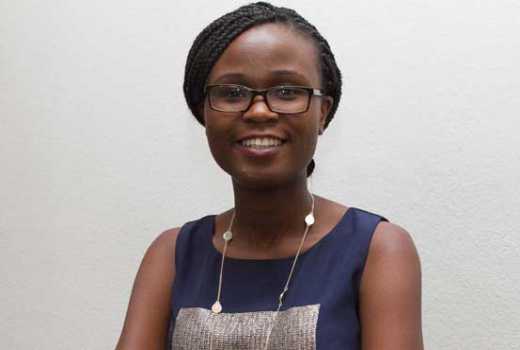×
The Standard e-Paper
Fearless, Trusted News

NAIROBI, KENYA: A couple of weeks ago, actor Wesley Snipes dropped this pithy yet deep tweet: “Three teachers of life: Heartbreaks. Empty pockets. Failure.”
Any entrepreneur who has been in the game long enough will tell you that at some stage in their entrepreneurial journey, they have been ‘students’ – or even repeated classes – of one or all the teachers mentioned in Snipes’ 57-character missive.